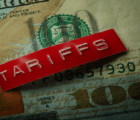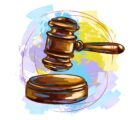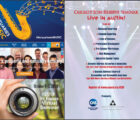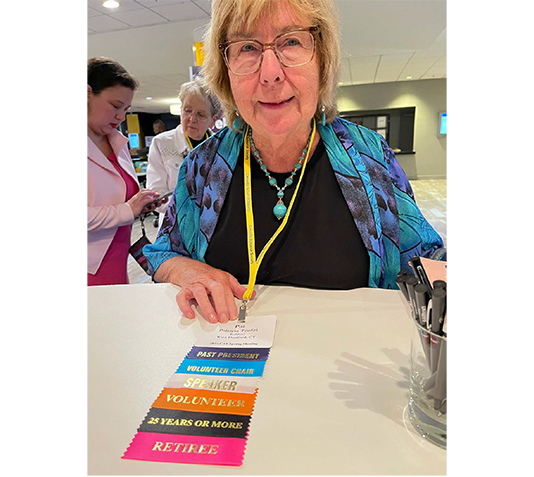I started writing this on Election Day 2016. I am still amazed that we can, using modern data collection and compilation tools, find out the result of elections within hours, sometimes minutes, of the polls closing. About two weeks later, while editing this piece, I realized that Michigan still has not declared a winner, which reminded me that there is more than technology involved in these processes.
But the data collection and analysis that went on before the election was a different matter. I watched the various polls predict who would be the winner and noticed that those polls disagreed with each other and were also changing almost daily. This happened during the primaries as well. Consistent or not, polling results often caused candidates to revise their travel schedules to try to move the results back into their favor. The results of these predictions caused changes in how time and money were spent — two precious commodities that only increased in value as the primary or general election drew closer.
I wondered if pollsters are subject to the same codes as we actuaries are. Is there a “code of ethics” for pollsters? Are there standards in place for them? Is their work peer-reviewed? How does one train to become a pollster, anyway? Are there exams?
Thinking about the roles pollsters and other predictors have in today’s society, I noticed an email from an economist group predicting how they think the economy will do in 2017. I thought it was interesting, as they didn’t hedge their predictions based on the outcome of the election.
I wondered if pollsters are subject to the same codes as we actuaries are. Is there a “code of ethics” for pollsters? Are there standards in place for them? Is their work peer-reviewed? How does one train to become a pollster, anyway? Are there exams?
I realize we aren’t the only profession that predicts using mathematical methods, so I went online and found that there are some professional organizations for pollsters and that some do have a code of ethics. But there is no formal set of qualifications, no prescribed course of study, no formal licensing requirements and no exams. A search of “how to become an economist” resulted in a similar result.
As I consider my options for my future retirement, predictions of my life expectancy based on the population as a whole can help me make decisions, but they have to be “credibility weighted” with what I know about my own health and the health and longevity of my relatives. Trends in health care and longevity also need to be factored in.
I started to think about these predictions: Are the forecasters, like the pollsters, predicting the mean, the median, the mode or something else? Are they accurate? Are they unbiased? What are the assumptions made and weights used to finalize their predictions? Am I using the results of the predictions properly or for something they are not intended to be used for?
Do we ask questions about polls and forecasts that we ask ourselves about the work we do?
I like our examination process, which ensures that each credentialed actuary has a basis of knowledge that is common to other credentialed actuaries. I take comfort in the fact that we are subject to standards of practice — they provide guidance as well as a defense for our work. Peer reviews are crucial and help prevent errors in approach as well as arithmetic. In my opinion, ours is the best way to ensure the quality of the work of our profession.











